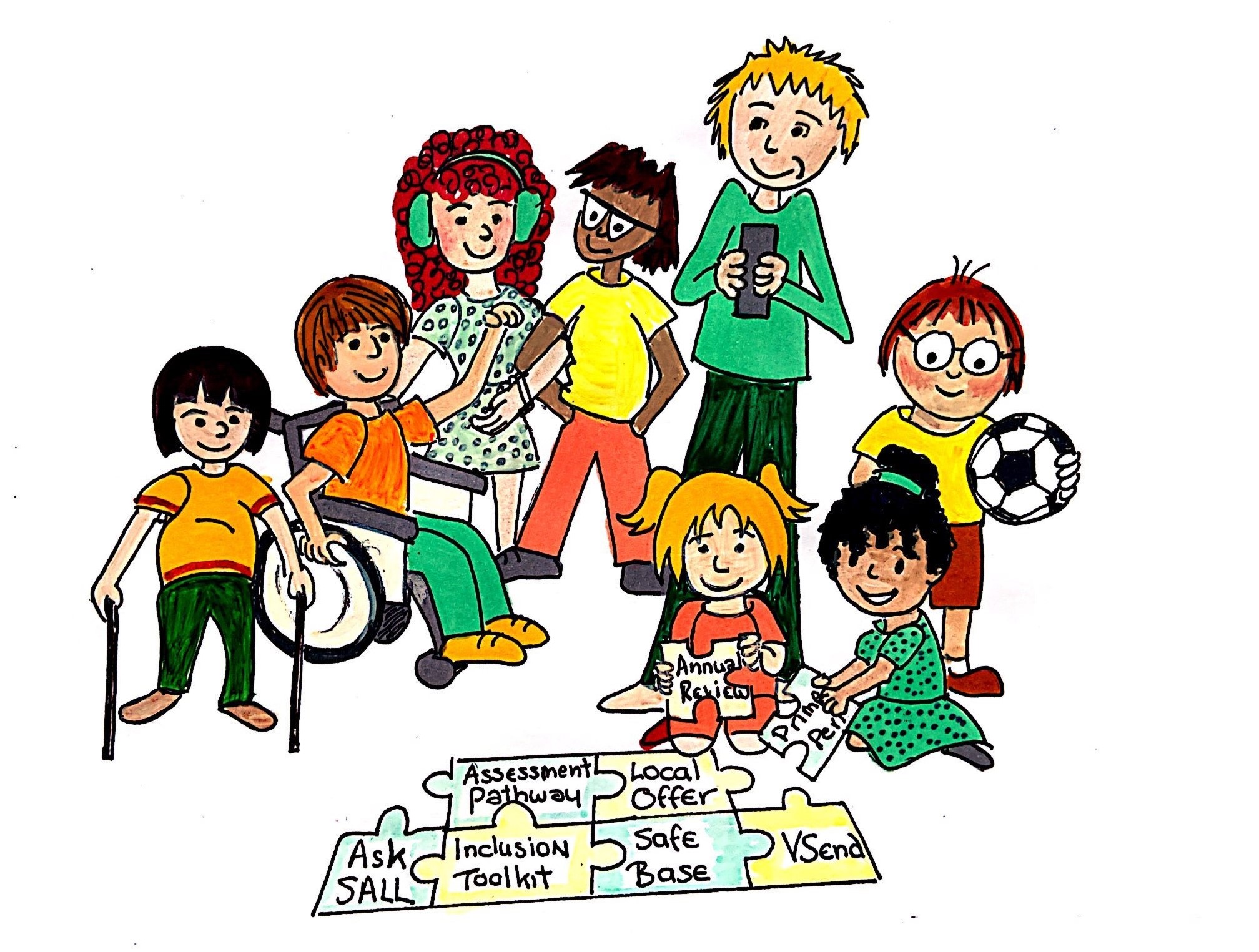Level 3-4 what you may notice
0-5
The child has a moderate hearing loss as shown below. Their needs are met through access to whole group learning with some modifications needed to the presentation of materials and the use of some resources as directed by the Sensory Education Support Team (SEST). Environmental considerations will also be considered. The child will have regular contacts from a Qualified Teacher for children and young people with a Hearing Impairment (QTHI) from SEST.
- moderate high frequency, bilateral, hearing loss and will be prescribed hearing aids
- may experience difficulty when activities involve listening and following instructions. For example, appears to ignore, confuses the direction of sound, mishears
- may be ongoing difficulties in the acquisition of new and the understanding of early abstract vocabulary
- some speech sounds may be harder to hear which may affect early speech development
- may have delayed language development and difficulties in perceiving some speech sounds
- may find it harder to function in less favourable acoustic conditions or when there are high levels of background noise
- may become tired towards the end of the day, especially in more noisy environments
- difficulties accessing specific activities which involve listening without lip-reading For example, CDs, DVDs, video, You Tube clips and any electronically recorded speech
- may have issues with self- esteem, emotional well-being and social knowledge and the hearing loss may affect the child’s social interactions
5-16
The pupil has a classified hearing loss (see descriptor below).The pupil’s needs are met through access to whole class learning with some modifications needed to the presentation of materials and the use of some resources as directed by the Sensory Education Support Team (SEST). Environmental considerations will also be considered. The pupil will have regular contacts from a Qualified Teacher for children and young people with a Hearing Impairment (QTHI) from SEST.
- moderate or severe high frequency, bilateral, hearing loss and will be prescribed hearing aids
- may have delayed language development and difficulties in perceiving some speech sounds
- may be ongoing difficulties in the acquisition of new and the understanding of subject specific vocabulary
- may take longer to process and follow verbal instructions
- may become tired towards the end of the school day, especially in more noisy environments
- difficulties accessing specific activities which involve listening without lip-reading. For example, CDs, DVDs spelling tests, video, You Tube clips and any electronically recorded speech
- may find it harder to function in less favourable acoustic conditions or when there are high levels of background noise
- may have issues with self- esteem, emotional well-being and social knowledge and the hearing loss may affect the pupil’s social interactions


